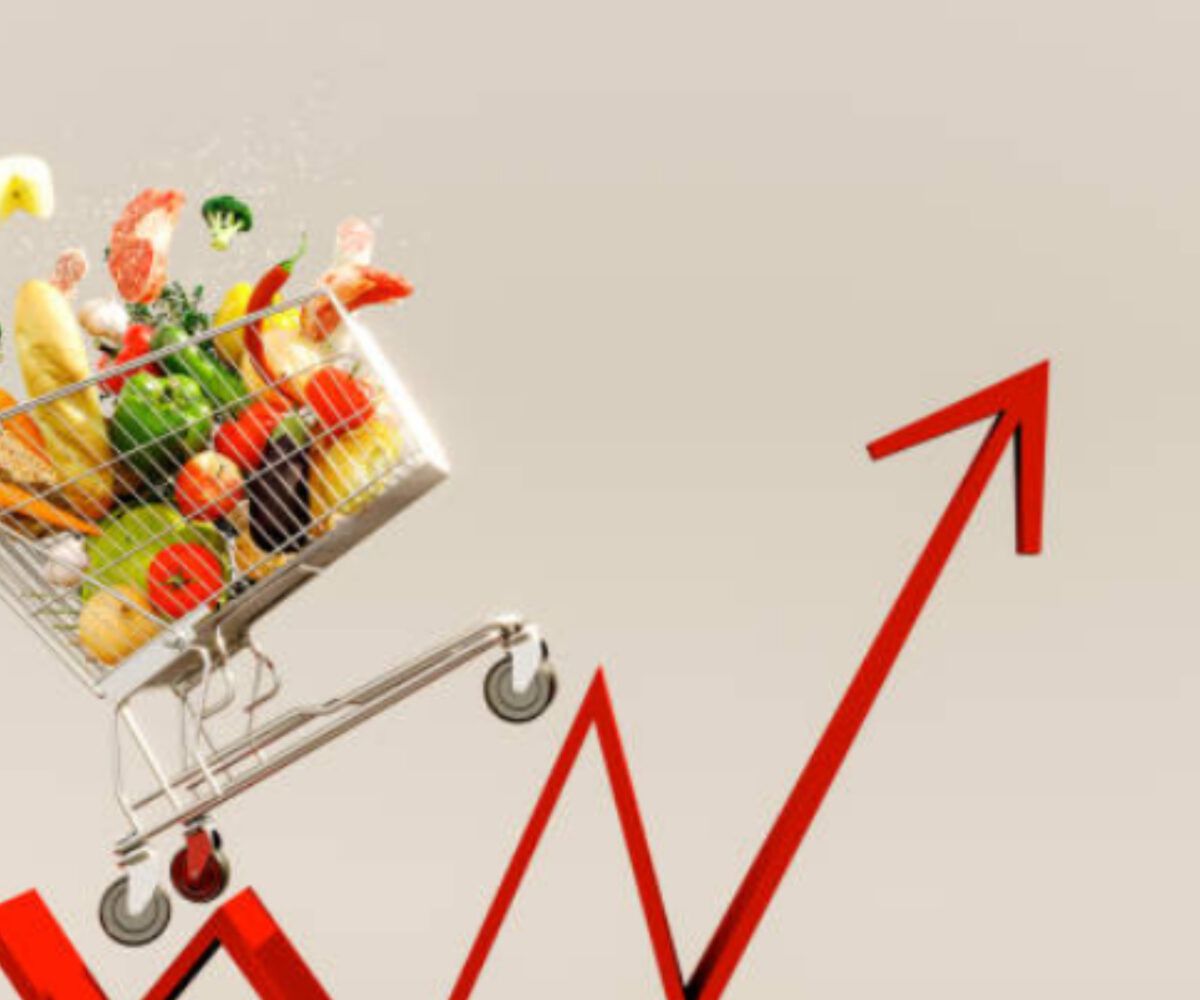
SOUTH AFRICA INFLATION SLOWS AHEAD OF ELECTIONS 2024
Inflation in South Africa eased for the first time this year in March, dropping 0.3 percentage points to 5.3%, official data showed on Wednesday, ahead of general elections in May.
South Africans eligible to vote in the country will cast their vote on Wednesday, 29 May – exactly six weeks from now.
Following a two-month upswing, the decrease helped keep the rate within the central bank’s official target range, national statistics agency StatsSA said.
“The rate has held its ground between 5 percent and 6 percent since September 2023,” it said.
After reaching a peak of 14 percent a year ago, the inflation rate for food and non-alcoholic beverages slowed to 5.1 percent in March from 6.1 percent in February.
This was “the lowest annual increase since September 2020”, StatsSA said.
Up 6.3%, 6.0% and 5.9%, respectively, education, health and housing were among the categories registering the highest annual price changes.
The economy is among voters’ main concerns as South Africans head to the poll on May 29 amid high unemployment, poverty and sluggish growth.
The central bank has set a target for inflation of between three and six percent and kept its main interest rate unchanged at 8.25% in March.
Food inflation at a three-and-a-half-year low
Inflation for food and non-alcoholic beverages (NAB) slowed to 5.1% in March from 6.1% in February.
This is down from its recent peak of 14% in March 2023, and is the lowest annual increase since September 2020 when the rate was 3.8%.
Bread and cereals registered a softer annual print of 5% from February’s 6.1%.
The rate is substantially lower than the recent high of 21.8% in January 2023. Bread flour, pasta, rusks, maize meal, ready-mix flour and white bread are cheaper than a year ago.
Meat inflation also cooled in March on the back of lower beef and mutton prices.
The annual rate for meat in March was 0.8%, significantly lower than the recent peak of 11.4% in February 2023.
Annual inflation for sugar, sweets and desserts has remained above the 15% level since June 2023.
The rate in March 2024 was 17.8%.
Products with the most significant annual price increases include brown sugar (up 22%), white sugar (up 20.1%), chocolate slabs (up 17.9%) and chocolate bars (up 15.9%).
Other notable prices changes in March
Inflation for alcohol and tobacco was fuelled by annual increases in excise taxes.
The index increased by a monthly 1.9% in March.
This is the highest monthly rise since March last year, when excise tax increases led to a 2.2% monthly rise.
Prices increased by 4.5% overall in the 12 months to March.
Housing rents were surveyed in March, rising by 0.8%.
The transport index rose by 2% between February and March, mainly due to a monthly rise of 5.3% in fuel prices.
On average, petrol increased by 5.2% and diesel by 5.3%.
2024-04-17T09:45:58Z dg43tfdfdgfd